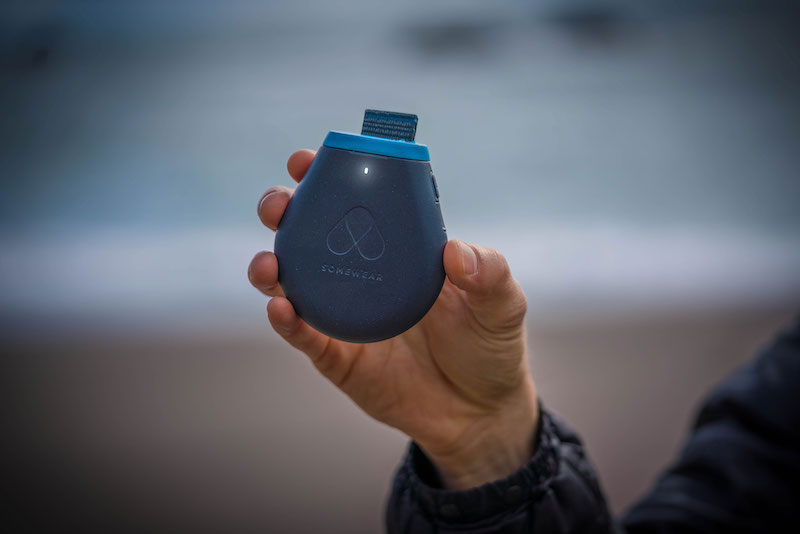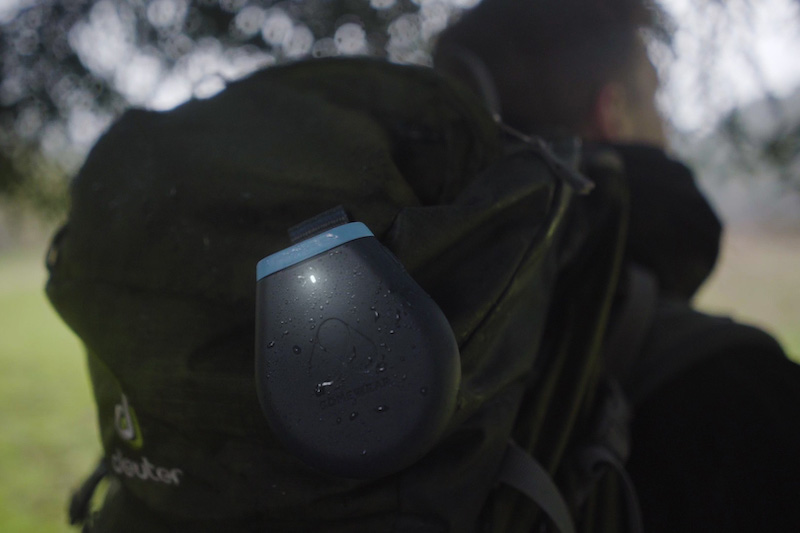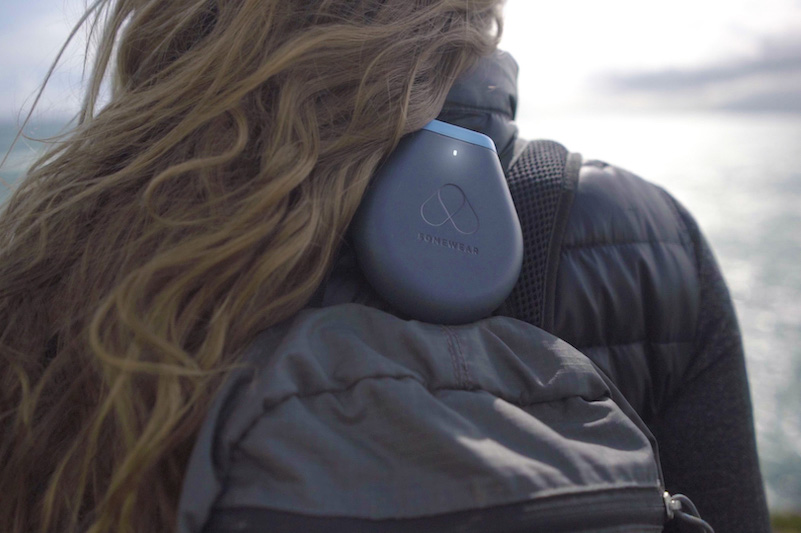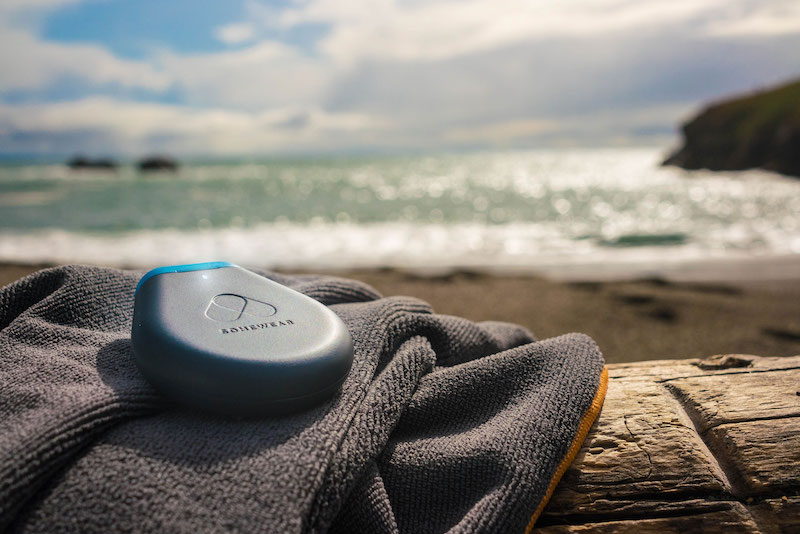When the Somewear Global Hotspot launched on Kickstarter earlier this year, it promised to change the way that we communicate from the remote corners of the planet. The makers of the handheld device claim that, when paired with a smartphone, it can be used to send text messages and SOS alerts, as well as provide satellite tracking from virtually anywhere in the world, using the Iridium satellite network. Now, just a few short months later, it is ready to make good on that promise.
Earlier in the week, the Somewear Global Hotspot officially became available to purchase at a price of $350. In order to take advantage of its capabilities, the device requires users to select one of four different service plans as well. The most basic of those plans costs $100 per year and includes 10 messages per month, plus 150 GPS tracking pins dropped on a satellite map. This tier doesn’t offer users the ability to pay for it in monthly installments, requiring the full purchase price at sign-up. The other three plans can be payed for on a monthly basis however, with $15-, $30-, and $50-per-month options available
The difference between these tiers is the number of messages that are included and the number of GPS pins allowed when Somewear’s tracking service is activated. For instance, the $15 plan gives users 20 messages and 300 pins, while the $30 option ups those numbers to 75 messages and 1,200 pins. The $50 tier offers unlimited numbers of both. All four plans also include 24/7 emergency SOS monitoring.
We’ve had a chance to see the Somewear Global Hotspot in action and can attest to the fact that it works as advertised. The device takes just a few minutes to set up, requiring users to pair it with their iPhone via Bluetooth (Android support is coming soon), then install the iOS app. From there, you simply set up an account on the Somewear website and log in to the app using the same credentials — and you’re ready to start messaging.
The app is a straightforward affair. It gives users the ability to send messages to friends and family back home, pulling in their information directly from the iPhone’s Contacts list. The app can also be used to view the pins that are dropped as the user travels along their route and can provide updated weather forecasts as well. All of the data is sent via the Iridium satellite network, which is relatively quick and efficient due in part to the small amount of data being exchanged.
Putting the global hot spot to the test in the field, we were impressed with how it performs. The device booted up quickly and connected to the satellite network after a few minutes. From there, messaging was fairly seamless, with only a slight delay between sending and receiving texts. The GPS tracking feature worked without a hitch, dropping a GPS pin every 30 minutes. For obvious reasons, we didn’t test the SOS feature, but presumably it works as expected, sending a message to Somewear’s monitoring system to alert them of when a user is in trouble. Representatives of the company can then coordinate with local search and rescue teams to help locate the user and render aid should it be needed.
Battery life for the is somewhat dependent on how much you use it. The more messages you send, the faster the battery will drain. We put it to the test in the Utah desert, and with an occasional text message sent and GPS tracking active, it maintained its battery life for three solid days without coming close to running out of power. Somewear claims that the device should be able to last for more than 10 days between recharges, but we can’t confirm if that is true. Recharging the satellite messenger takes less than an hour and is easy to do using a battery pack while in the field.
If you have an adventure traveler or outdoor enthusiast on your list this holiday season, the Somewear Global Hotspot may be the perfect gift. Not only does it allow them to stay in contact while on the go, but you can track their progress too. To find out more, visit the Somewear website.








